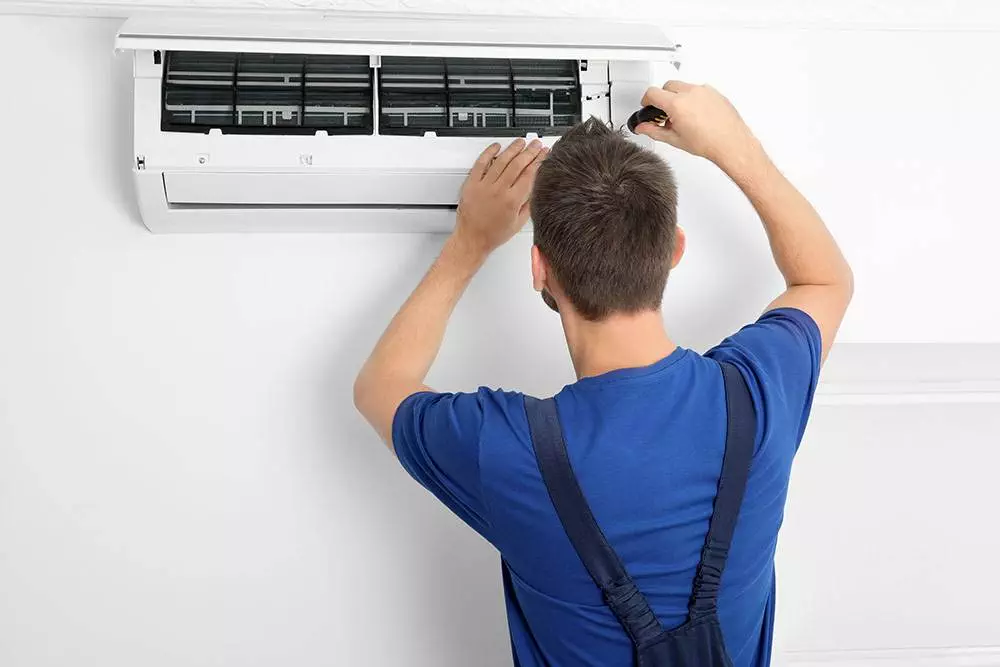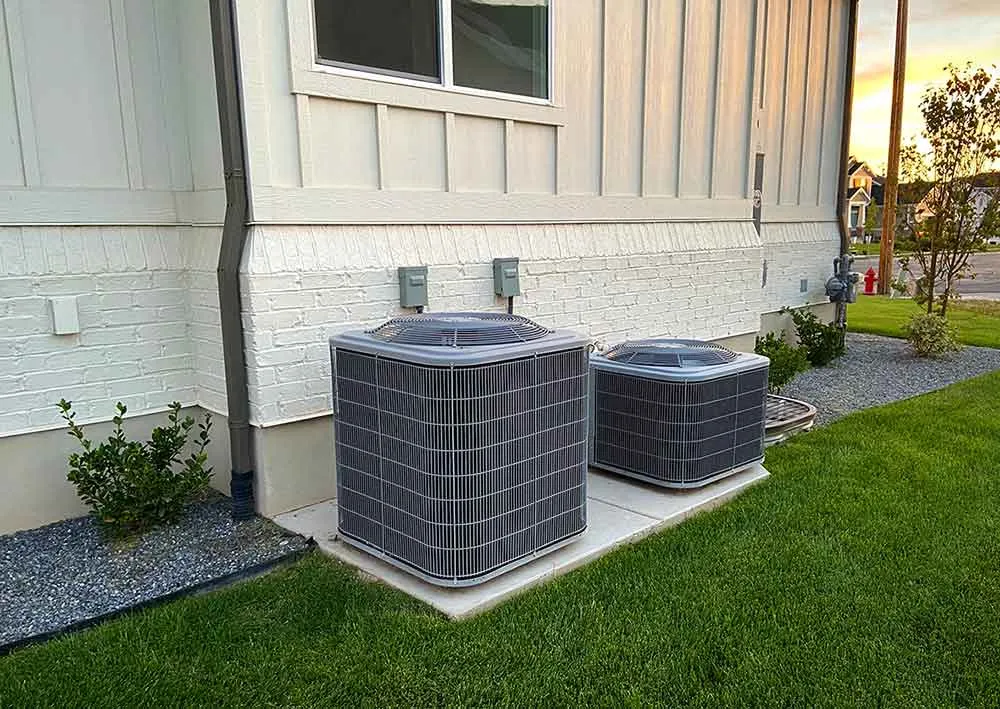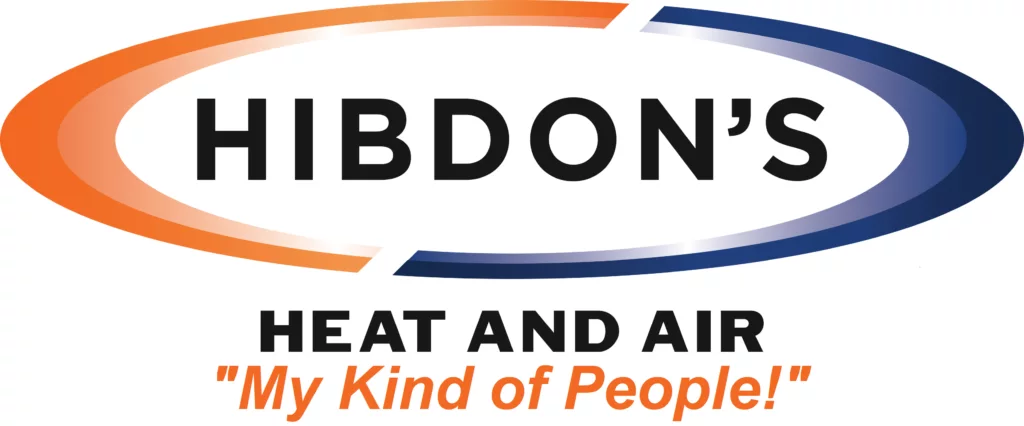
As a homeowner or business owner, you know that keeping your property’s heat and cooling systems in top condition is essential to ensure comfortable indoor temperatures year-round. But with so many different HVAC systems on the market, it can be challenging to know when it’s time to replace your existing system or what factors to consider when doing so.
How Long Do HVAC Systems Last?
On average, HVAC systems last around 15-20 years. But many factors can influence their life expectancy. Factors that can impact the longevity of your HVAC unit include:
- the quality of the equipment
- how often you schedule regular maintenance
- the level of use it receives
When to Replace Your HVAC System
One of the most critical factors to consider when deciding whether to replace your HVAC system is its age. If your unit is more than 15 years old, it may be time to start thinking about replacing it. This is especially important if you’ve noticed an increase in your utility bills or if it’s not performing as well as it used to.
Other signs that your HVAC unit may be nearing the end of its lifespan include:
- Frequent breakdowns or repairs
- Uneven heating or cooling throughout your property
- Unusual noises or smells coming from the system
- The need for increasingly expensive repairs
Factors To Consider When Choosing a New Unit
Property Size
The size of your property and the heating and cooling load it requires. An experienced HVAC technician can help you determine the appropriate size and type of unit for your property.
Energy Efficiency
HVAC systems are responsible for a significant portion of your property’s energy bills. So investing in an energy-efficient unit can help you save money on your utility bills over time. Look for units with an Energy Star rating, which indicates that they meet strict energy efficiency guidelines.
Variable-speed AC units are also an excellent option for energy-efficient cooling. These air conditioner units can adjust their output to match your property’s heating and cooling needs, reducing energy waste and keeping your utility bills low.

Location
Finally, consider your location when choosing a new HVAC unit. Coastal areas, for example, may require different types of air conditioning systems or heat pumps than properties located further inland. An experienced HVAC technician can help you choose the right unit for your location and specific needs.
Regular Maintenance Can Extend the Life of Your HVAC System
Regular maintenance is crucial to extending the life of your HVAC system. Scheduling annual maintenance visits from an experienced technician can help you identify and address small issues before they turn into more significant problems that require costly repairs or replacements.
During maintenance visits, your technician will inspect and clean your HVAC unit, replace any worn or damaged parts, and make any necessary adjustments to ensure optimal performance. Regular maintenance can also help you save money on your energy bills by ensuring that your HVAC system is operating efficiently.
Takeaways
Investing in a new HVAC system is a significant decision, and it’s essential to consider all factors carefully when choosing a replacement unit. The lifespan of HVAC systems can vary widely depending on several factors, including regular maintenance, usage, and quality of the equipment.
If you’re unsure about whether to replace your existing HVAC unit or need help choosing a new one, contact the experienced technicians at Hibdon’s Heat and Air. We can provide expert guidance and help you choose the best HVAC system for your property’s heating and cooling needs.

